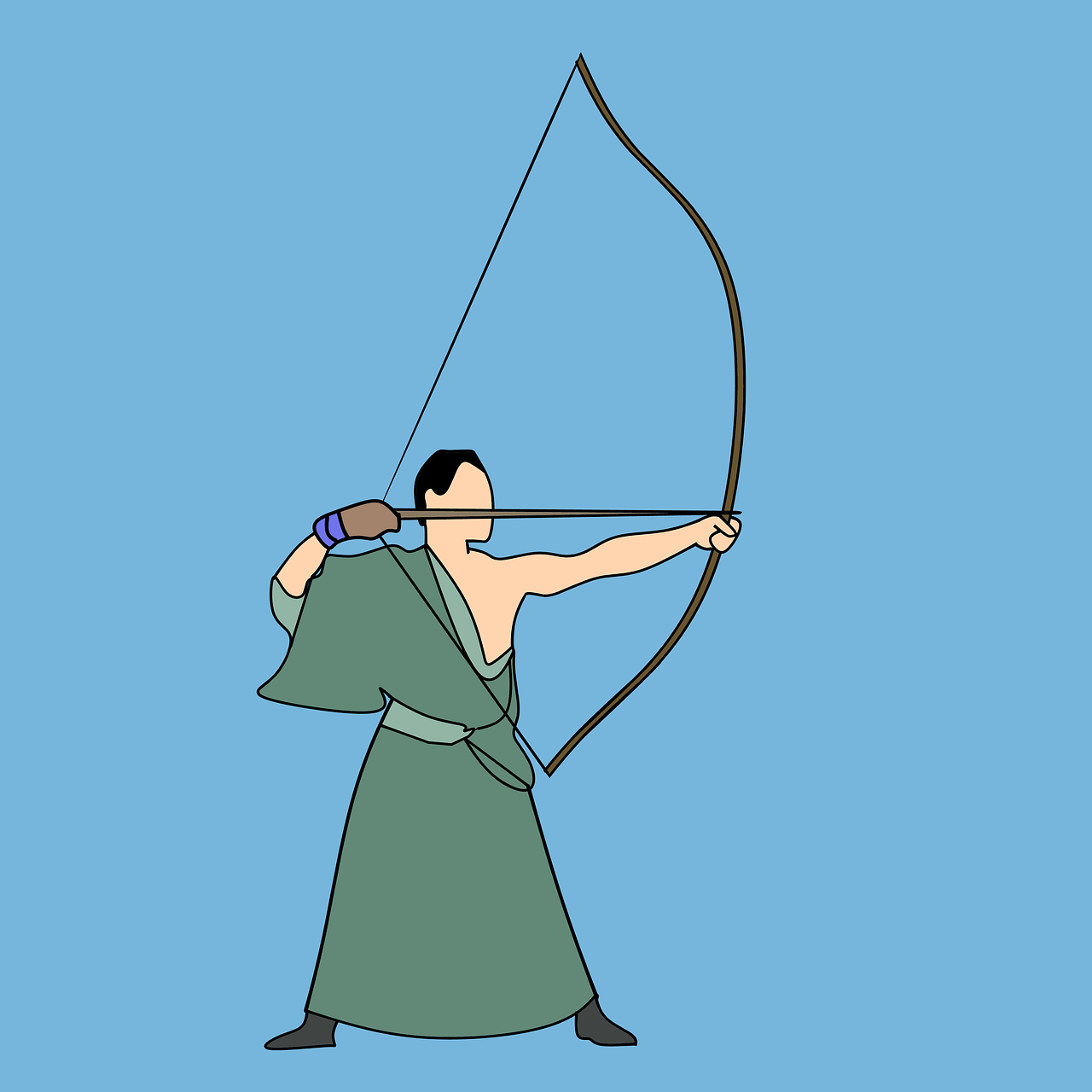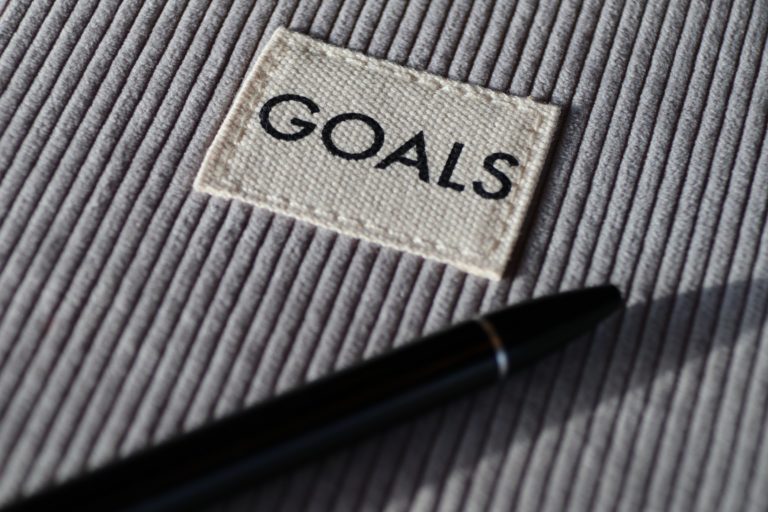The Best Decision Making Tool: ———————->The Archer’s Perspective
If You Get A Second Shot, The Rules Have Now Changed
Decisions, decisions, decisions….we hate them, and we need to make them all day, every day. The fact of the matter, it’s a bit of a feedback loop as a decision needs to be made on whether to make a decision on something or keep the status quo…which itself is a decision being made. You get the idea.
We all like to think we make OK, if not pretty good, decisions. They light the path of life we’ve taken so far. It’s how we got to where we are standing at this moment. Good or bad, they make up our life. Sure, there may be a really terrible one or two scattered around back there, but for the most part, we’ve built our story to read mostly good. That means you’re pretty happy where you are in life right now.
 Ready,….
Ready,….
As life goes on, and we go through more and more situations where more important decisions are to be made, and we successfully make them, we get better equipped at reading what’s needed to be taken into account when deciding. A basketball player, for instance, relies on quick decision-making with very little time to reflect on how it all went and what he could have done differently, when boom, he’s in the middle of yet another pretty big decision at the other end of the court. The basketball player rides the line back and forth between two different perspectives… offense and defense and needs to make adjustments accordingly.

An archer, on the other hand, spends his time and mind space in a totally different realm than the basketball player. Time is a luxury on his side, provided he is aiming at a fixed target and not hunting his next meal. He can ready and prepare for his next attempt at leisure, wait for a beneficial wind condition, and even pause and reset if perhaps a fly should land on his nose. If an archer was to shoot an arrow at a target from a far distance… world rector distance, and if this archer was an average student of the craft, we would expect him to not even come close to hitting the mark. However, we could also assume that the arrow would have at least gone toward the target to some degree. He’s more than likely not farther away now. Sensible and rational enough.
...aim...
Now the fun part. How it relates to your life. This archer isn’t in a bullseye competition with others. He just wants to hit the target. So, now he gets a second shot. This shot takes place where the first shot landed. Again, for the second time, he’s not going to hit the target but he is definitely getting closer again. This gets repeated until the target is hit, let’s say after five shots. Each shot was in and of itself a new beginning. They all had their own perspectives, their own vantage points…he could see the target not only from a more nearby position but usually a slightly different angle as well.
...aim again...
Also, let’s say the arrow went a bit to one side or the other on its way. Now the area behind the target and hidden from view on the previous attempt is in plain sight. This small fact gives rise to the possibility that something has now come into view from behind the target, say after the fourth shot attempt that holds more value to our marksman. A juicier, more valuable target. At this point, decisions need to be made. Decisions based on all relevant information, including the newest information gained on the last four shots.

...FIRE!
Also, let’s say the arrow went a bit to one side or the other on its way. Now the area behind the target and hidden from view on the previous attempt is in plain sight. This small fact gives rise to the possibility that something has now come into view from behind the target, say after the fourth shot attempt that holds more value to our marksman. A juicier, more valuable target. At this point, decisions need to be made. Decisions based on all relevant information, including the newest information gained on the last four shots.
The second step is to use this “archer’s perspective” to help guide you from here on out. Reflecting on the past can show where things went good and not so good along the way, but the true value is what you do going forward from now. As the new age philosopher Alan Watts once said, “It’s not the wake that drives the boat.” The wake is what’s left behind. Using this perspective as part of the wind in the sails of the boat, or fuel in the tank to make forward progress is what it’s all about.
When You Lose, You Still Win
So how do you use this to your advantage? The biggest takeaway is this: there are no failures. In every failed attempt, for each shot that didn’t hit the mark, there can always be these new nuggets of wisdom and truths that can now become part of your arsenal to put to use for future, similar decisions. You’ll either be a bit closer to the target, or maybe better still, you may have seen something about a totally new target that’s now better taking a shot at than the one previous. When things look bleak and things don’t seem to be going your way right now, remember the Taoist parable of the farmer…

Parable of the Farmer
There was once a farmer in ancient China who owned a horse. “You are so lucky!” his neighbors told him, “to have a horse to pull the cart for you.” “Maybe,” the farmer replied. One day he didn’t latch the gate properly and the horse ran off. “Oh no! This is terrible news!” his neighbors cried. “Such terrible misfortune!” “Maybe,” the farmer replied.
A few days later the horse returned, bringing with it six wild horses. “How fantastic! You are so lucky,” his neighbors told him. “Now you are rich!” “Maybe,” the farmer replied. The following week the farmer’s son was breaking in one of the wild horses when it kicked out and broke his leg. “Oh no!” the neighbors cried, “Such bad luck, all over again!” “Maybe,” the farmer replied. The next day soldiers came and took away all the young men to fight in the war. The farmer’s son was left behind. “You are so lucky!” his neighbors cried. “Maybe,” the farmer replied.
The Choice Is Yours
All in all, it seems the only wrong decision is to not make a decision. Make one, move forward, and pivot and shift from the new location. You’ll be surprised at how good you get at thinking more clearly about what’s important to you.






